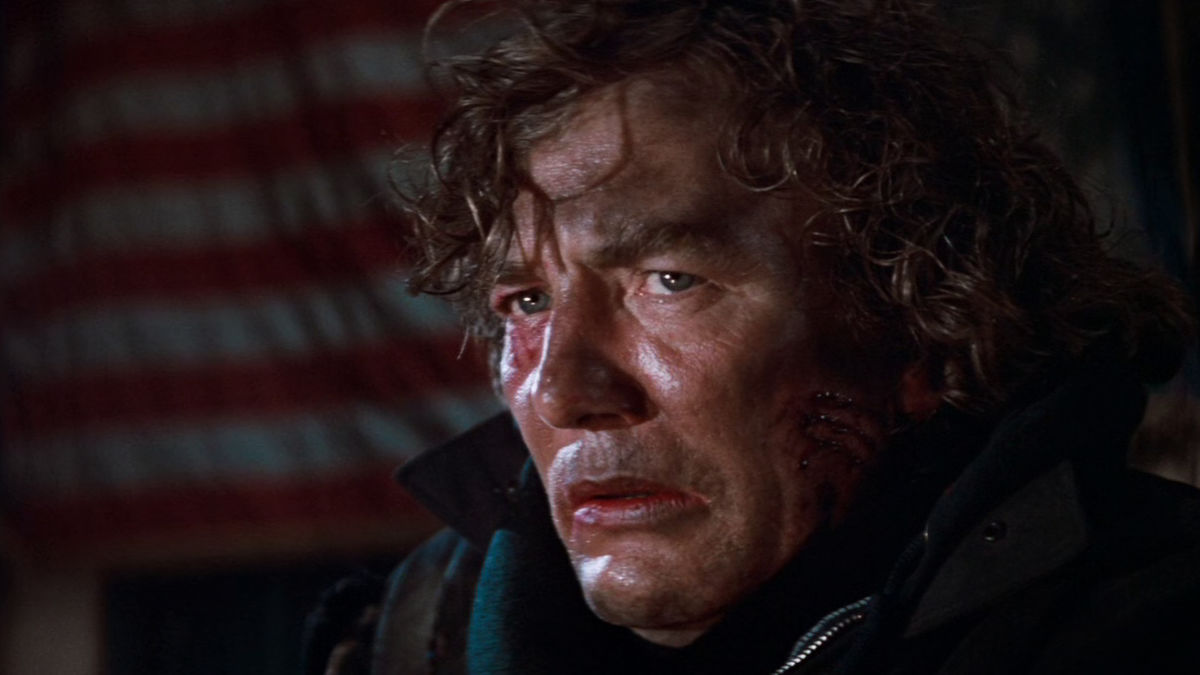|
Wolfen is a great time-capsule movie of New York that constructs an archetypical detective story as a means to deliver a potent ecological thriller. Interrogates modernity, colonialism, and global capitalism through its expressive display of violence and aggression, using this primal creature's barbaric actions as a means to elucidate the underlying resentment of so many. The iconography of antiquity often exists in the periphery of this film's narrative and emotional thrust; collective indignation manifested in this primal, mythical creature transcends the specificity of culture and speaks to something more grandiose about the artificiality and subjugation of our current socio-economical arrangement. Regardless of the intrinsic ugliness of its aesthetic, Retribution is only accomplished through violence, and Wolfen posits punitive justice is a necessity of the oppressed. Particularly struck by the recurring use of the POV from this creature's perspective. Providing a voyeuristic tension that thrills only feels like the emotional intent. Wolfen is aiming to construct an indigenous gaze that is repeatedly and explicitly a recurring visual device to provide a perspective from those that existed before the rise of our current global economic order. A low-key incisive utilization of the werewolf film that navigates the entanglements of our social order under the oppression intrinsic to the construction of transnational capitalism. From a purely surface-level interpretation, Wolfen offers a lot of cinematic pleasures. Crafting an intriguing crime story with a strong sense of tension throughout, Wolfen also features a great role for Albert Finney and a panoply of endearing character actors (Tom Noonan, Dick O’Neill, James Tolkan) all set against the backdrop of a late 70s/early 80s crumbling New York.
0 Comments
Leave a Reply. |
AuthorLove of all things cinema brought me here. Archives
June 2023
|

 RSS Feed
RSS Feed
